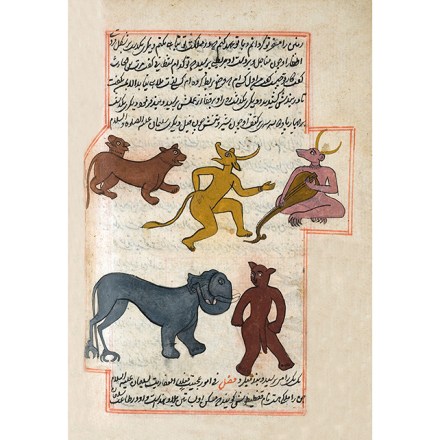Here be dragons, dog-headed men and women growing on trees
I have to confess that this book sat on my desk for several months. The words ‘Harvard University Press’ cast a strange and unsettling spell which prevented me from even opening it. Let’s be honest: academic presses are not always synonymous with rollicking reads, nor indeed are academics. They can ask an awful lot of











